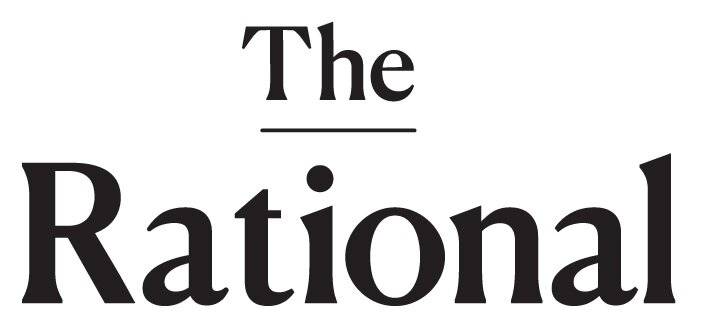Andrew Yang and the Racial Binary
How is the only Asian-American presidential candidate doing?
In the leadup to the 2020 Democratic nomination, a record number of women and people of color are hoping to institute their idea of progress onto the political stage. But no one stands out more than Andrew Yang, a lawyer-turned-entrepreneur who has become the first-ever Asian American to run for president as a Democrat. He shares the stage with a cohort who stands to make historical progress on the issue of race relations. But Yang’s particular path to candidacy, namely, portraying himself as “the opposite of Donald Trump… an Asian man who likes math,” seems to say that that the way towards progress is to rely on harmful stereotypes that prevent any meaningful discussion about race.
Following an intense spurt of Asian-American political activity after the 2016 election, Yang’s campaign is bucking the trend of the voiceless, meek Asian American. But this does not characterize his campaign so much as the fact that he is neither black nor white in a political landscape usually dominated by conversations of disparities between these two poles that, more often than not, become hostile. In a space dominated by discussion of identity politics and PC culture, he touts himself as a complete outsider to Democratic politics, and, by implication, an outsider to conventional, black-and-white racial politics. At seemingly every opportunity, he uses his perceived Asianness as a stand-in for a more rational, pragmatic, and alternative approach to race relations. Some of his supporters proudly carry signs at his rallies: “MATH: Make America Think Harder.”
Due to the “model minority” stereotype that portrays Asian Americans as wealthy, privileged, and voiceless, we have historically been left out of the conversation about race. We are seen as neutral, unfeeling arbitrators between two diametrically opposed camps; stuck somewhere in the middle; perpetual foreigners with no dog in the fight. But while Yang debunks some stereotypes, he relies heavily on other model minority myths to craft a brand of the pragmatic and unemotional Asian American that appeals to people who dislike the heated identity politics that defines most of modern progressivism. It is disheartening to see Yang embrace this stereotype, which is prone to justifying anti-Black racism among Asian Americans and pitting minorities against each other, rather than use his platform to fight for all communities of color.
For many Americans, escaping the lens of racial politics is not so easy. While Yang can receive raucous applause for skewering the “talking heads” of modern politics and go viral for not wearing a tie to the first debate, Black candidates are automatically racialized in a negative way by voters and the media; they don’t have a choice but to have a stake in the discussion. “Make America Think Harder” is a tempting mantra, but we have thought about it, and the answers are clear: the system is in desperate need of reform, and the country needs a leader who is willing to engage critically with racial issues. His other slogans (“Humanity First” and “Not Left, Not Right, But Forward”) are at first glance promising, but evoke a blanket pragmatism that really serves to negate the real work that needs to be done to specifically uplift the disadvantaged and dismantle the power structures that work to oppress them.
Yang’s growing success is extremely telling of how people feel about race relations in America right now. He has an increasing number of white nationalist supporters who think his platform will stop the decline of the white population and discourage immigrants from coming into the country. He has condemned these people, but it is easy to see how an Asian man who “knows a lot of doctors,” works hard, and loves math is an attractive option for the vast majority of people who are mostly just tired of all the chatter, or even worse, think an Asian man is just more palatable than another candidate of color.
When Andrew Yang describes himself as the only person who can defeat Trump, he is saying to his supporters that the enemy isn’t really Republicans, it’s the people who are obfuscating the real issue with their tiresome back-and-forth on social justice. He is offering them an out through good old-fashioned forward thinking, a path to progress that doesn’t involve uncomfortable conversations about oppression and privilege.
To critique Andrew Yang on the basis of his own race or perceived privilege, however, is also unproductive. The fact that Asian Americans are typically excluded from the race discussion is also a problem we should strive to solve. For many, Andrew Yang’s achievements are representative of the strides Asian Americans can make in progressivism and in politics, and this impact cannot be discounted.
Instead, the critique is this: for many others, Andrew Yang’s platform is not a way forward, but a way out. His success is crafted for and fueled by the disillusionment of people who would prefer discussions of race to remain neutral, aboveground, tame. If he really intends to improve the lives of the people in this country who need it most, Andrew Yang needs to use his platform to speak out on behalf of people of color and the real issues they face.











